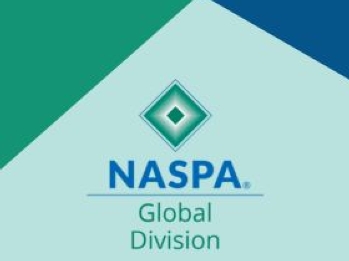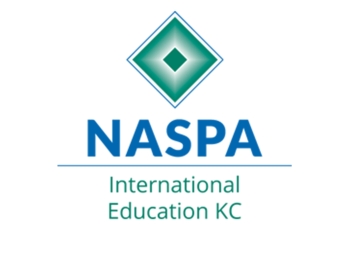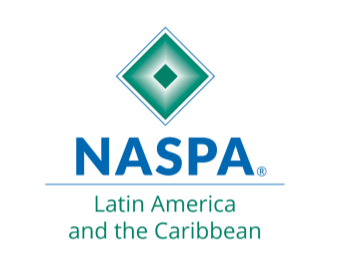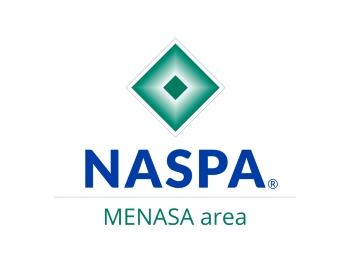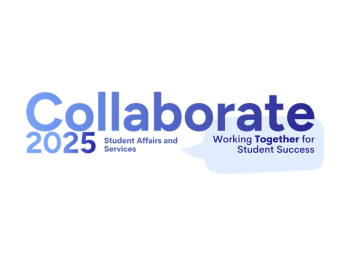
December 2, 2024
Conference Registration Opens
April 30, 2025
Early Registration Ends
May 1, 2025
Late Registration Begins
Collaborate 2025
Student Success Career and Workforce Development Supporting the Profession Equity, Inclusion and Social Justice Global Division International Education AVP or "Number Two" Faculty Mid-Level New Professional Senior Level VP for Student Affairs
June 18 - June 20, 2025 Cork, Ireland
Student Affairs and Services - Working Together for Student Success
Collaborate 2025 is an innovative global partnership in student affairs and services between NASPA (Student Affairs Administrators in Higher Education), EucA (European University College Association), and SAI (Student Affairs Ireland). Collaborate 2025 will be hosted by Munster Technological University in Cork, Ireland.
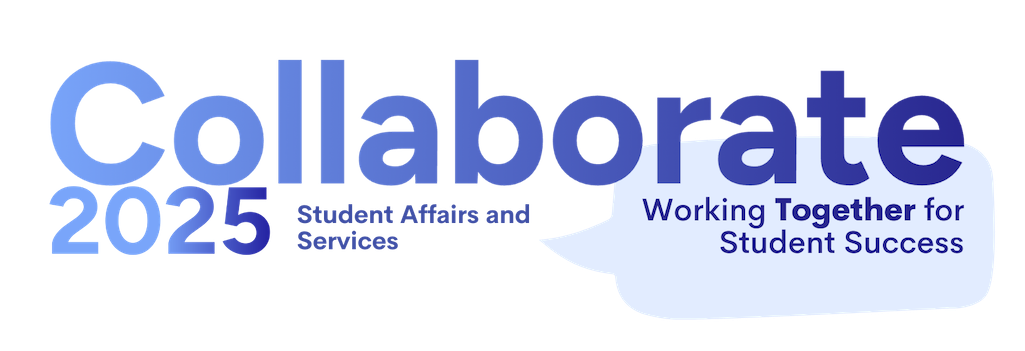 Official Collaborate 2025 Website
Official Collaborate 2025 Website
Deadline to Submit - 24 January 2025
Presented By
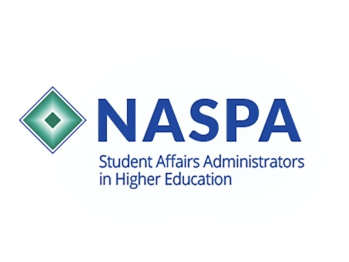
NASPA Engagement Opportunities
Sponsorship and Exhibitor Opportunities
Global Health, Safety, and Responsibility
